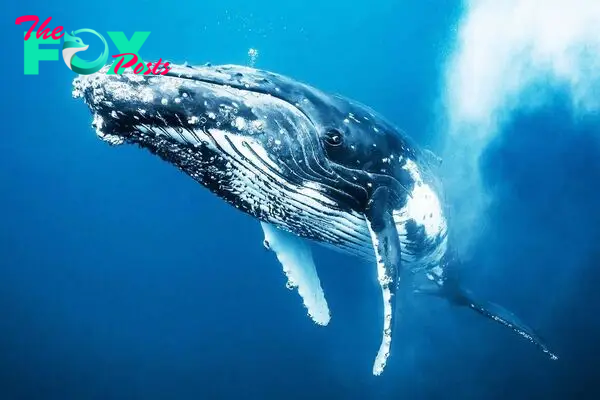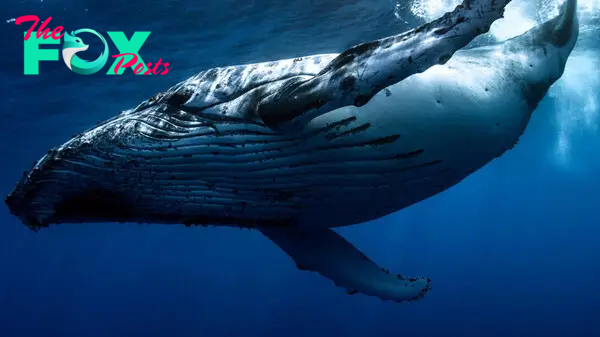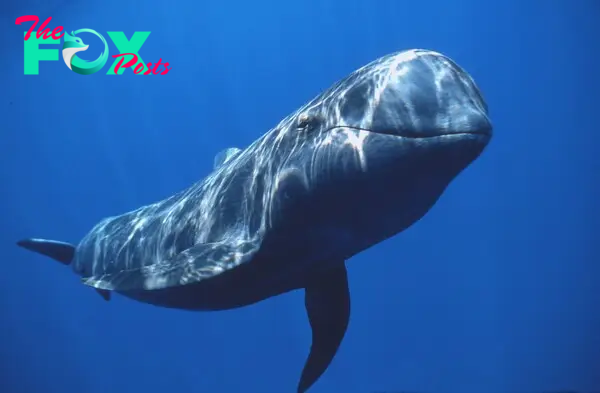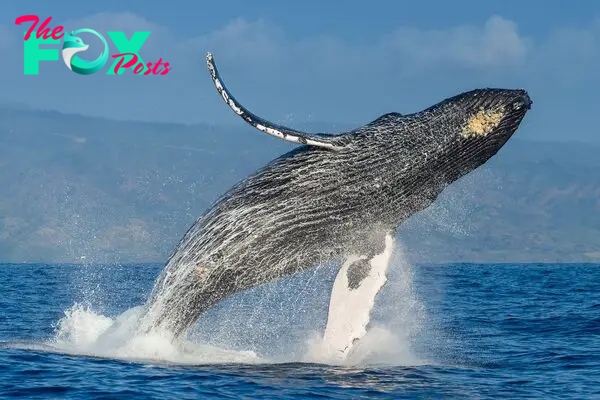Pet
Whales: Majestic Giants of the Ocean H16

Whales, the magnificent giants of the ocean, captivate our imaginations with their sheer size, grace, and mystique. These marine maMMAls, belonging to the cetacean order, encompass a diverse range of species, from the colossal blue whale to the playful dolphins. Found in all oceans across the globe, whales are adapted perfectly to their aquatic habitats, boasting streamlined bodies and powerful tails that propel them effortlessly through the water.
One of the most iconic species, the blue whale, holds the title of being the largest animal ever known to have existed on Earth. Stretching up to 100 feet in length and weighing as much as 200 tons, these gentle giants sustain themselves primarily on krill, using baleen plates to filter vast quantities of water during feeding. In stark contrast, the orca, or killer whale, exhibits a different social structure, living in pods and hunting a variety of prey, including fish, seals, and even other whales.

Whales are known for their complex communication skills, using a combination of vocalizations, clicks, and songs to navigate, find food, and communicate with each other over vast distances. These sounds, often unique to each species, contribute to their social cohesion and survival in the oceanic realm.
Despite their immense size, whales face numerous threats in today’s world. Historical whaling practices have significantly reduced their populations, with some species still endangered or critically endangered. Pollution, habitat degradation, and climate change further challenge their survival, impacting their reproductive rates and overall Health.

Conservation efforts worldwide strive to protect whales and their habitats. Marine protected areas, restrictions on hunting, and initiatives to reduce ocean pollution are crucial steps towards ensuring their long-term survival. Scientific research continues to unravel the mysteries of whale behavior, migration patterns, and the ecological roles they play in marine ecosystems.
Whales hold a special place in human culture and History, appearing in folklore, literature, and art across various cultures. Their presence continues to inspire awe and reverence, reminding us of the vastness and beauty of our oceans. As we learn more about these extraordinary creatures, our efforts to conserve and protect them become even more imperative for future generations to experience and appreciate their majestic presence in the wild.

-

 Pet1m ago
Pet1m agoCelebrating Me: A Journey of Self-Love and Independence on My 5th Birthday.lamz
-

 Pet1m ago
Pet1m agoHeroic Rescue and Heartwarming Adoption: A Brave Police Officer’s Unforgettable Journey with an Adorable Puppy.hanh
-

 Pet1m ago
Pet1m ago¡Felicidades en tu día! Tranquilo, ¡los mejores deseos siempre llegan cuando tienen que llegar!.lamz
-

 Pet1m ago
Pet1m agoFrom Abandoned to Empowered: A Dog Reclaims Its First Steps After Being Left Behind.hanh
-

 Pet2m ago
Pet2m agoA Silent Celebration: My Birthday 🎂🎁🎈🎉 Without Wishes Yet.hanh
-

 Pet2m ago
Pet2m agoA pesar de una década de devoción, Annie fue cruelmente abandonada como si no fuera nada cuando su dueño se fue.lamz
-

 Pet2m ago
Pet2m agoFrom Neglect to Nurture: Transforming a Skeletal Stray Dog with Unconditional Love.hanh
-

 Pet2m ago
Pet2m agoAn inspiring tale of rescuing two innocent puppies from heartless sellers, emphasizing the importance of compassion and protection for vulnerable animals.hanh


























